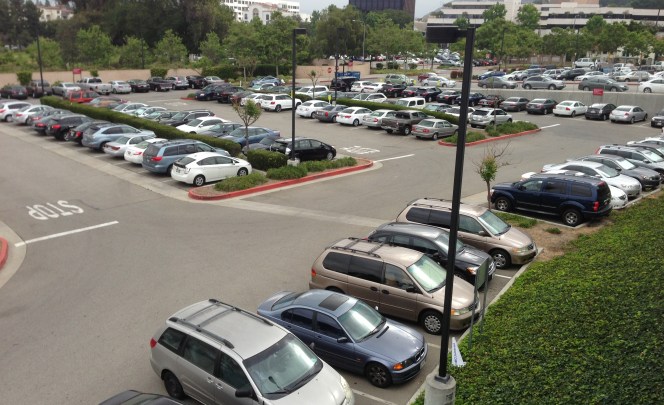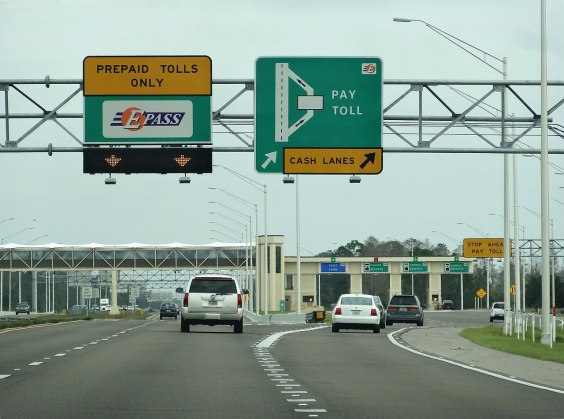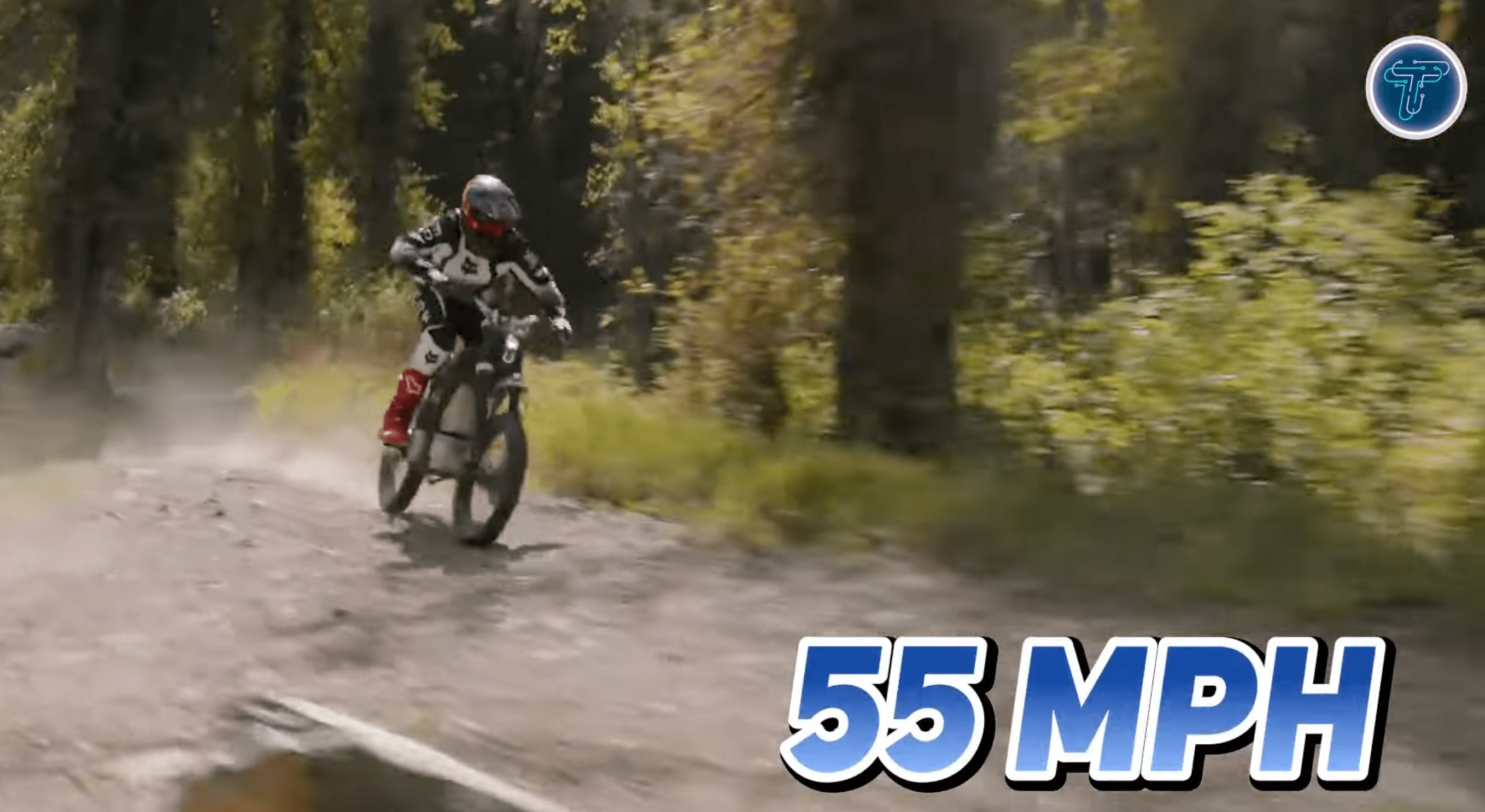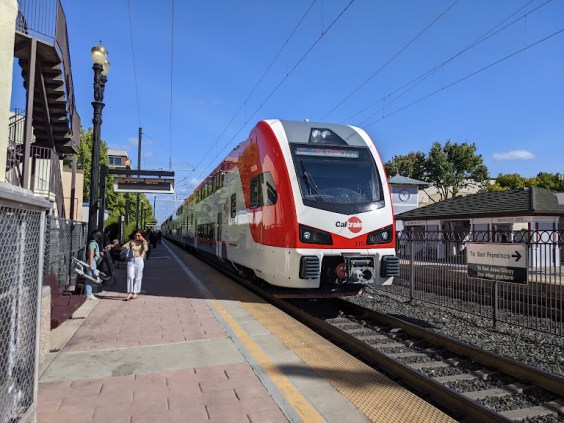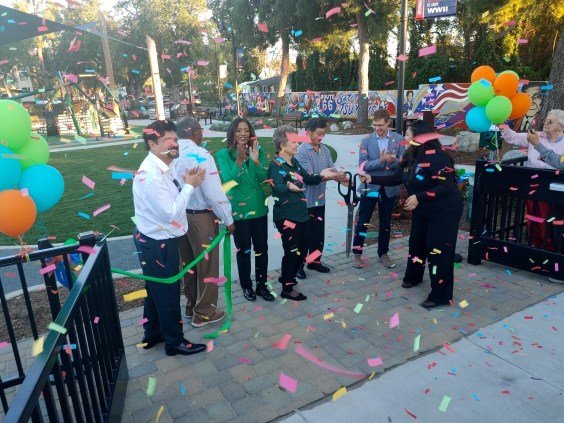Metro is converting several of its station parking lots from free to paid parking. Though some are complaining, Metro is taking an excellent, even courageous step in the right direction. Making park-and-ride free is bad for the environment and bad for fairness, with regard to Metro's low-income riders.
After its successful three-station pilot on the second phase of the Expo Line, last November, Metro's board of directors approved expanding the fully-paid station parking pilot to 13 stations.
Starting Monday, April 24, Metro will begin charging for all car parking at its two San Fernando Valley Red Line subway stations: Universal City and North Hollywood. Parking will cost $3 per day, and will be limited to actual Metro riders with valid TAP cards.
The new program was announced via an April 4 article at Metro's The Source. The changes were covered further in articles at the L.A. Times, and LAist. The comments at these sites, as well as Facebook and Reddit, give some sense of public opinion about Metro changes. Though there are some affirmative comments, most are negative. For example, commenter Tee Robsonovich at The Source:
Great job, greedy Metro. Everyone’s tax dollars aren’t enough. Now they have to take actual transit patrons’ money even moreso.
Many commenters (who may not even ride) pledge not to ride, for example, "monkey-news" at the Times:
I will no longer ride Metro when the parking fees go into effect.
Commenter neo45 at Reddit makes the case that Metro's parking changes are an affront against the poor and the environmentally conscious:
And subway tickets are going to be included free of charge in this $3/day extortion scheme, uh, I mean, honorable and not at all blatant attempt to syphon even more money from the poor and/or environmentally conscious, right?
And boy is it going to do wonders for this city's ever-growing traffic problems! The people making decisions here continue to show just how totally qualified and not at all idiotic they are. Raises and bonuses all around!
It will likely come as no surprise to Streetsblog L.A. readers that prevailing mainstream attitudes about free Metro parking, including those in the mainstream media, are often mistaken. Earlier SBLA articles have responded to ill-conceived mainstream media cries for expanded station parking.
Given the current dialogue around Metro parking, below are some key talking points:
- Free parking is not free. Even if parking is free to the end user, someone is paying for it. It costs Metro millions of dollars to construct, maintain, operate and secure park-and-ride lots.
- Park-and-Ride is a small percentage of transit riders. Though LAist calls station parking "crucial," it just isn't. The overwhelming majority of transit riders arrive by foot. According to Metro surveys, more than 80 percent of transit riders arrive by walking. Fewer than 4 percent drive and park. Even for riders of Metro's rail system, only about 15 percent of riders drive and park.
- Free station parking is bad for equity. Metro's surveys show that 41 percent of Metro rail riders are in poverty, while only 1 percent of Metro rail park-and-ride users are in poverty. When Metro subsidizes parking it does so at the expense of other projects or programs, including building and operating transit. A recent outside expert review recommended that Metro charge for parking and direct resources into more frequent bus service feeding stations.
- Free station parking is bad for the environment. Free easy car parking encourages riders to drive the first/last mile instead of taking the bus. Why pay bus fare when parking is free? Walking, bicycling, and/or taking transit to rail stations results in greatly reduced emissions; driving not so much. Part of this is due to emissions being worst at the "cold start" of a car trip.
